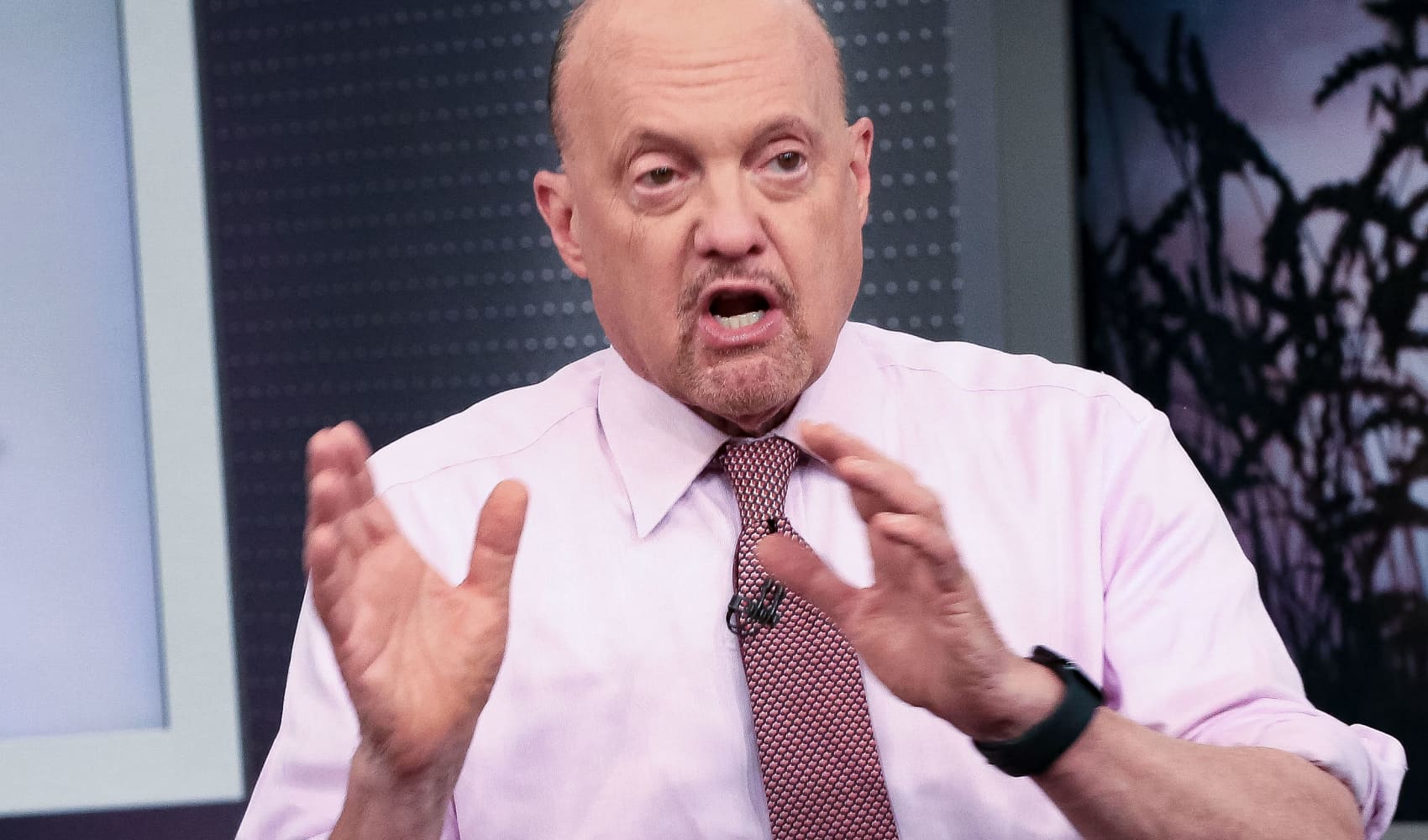
- The ex-CEO of bankrupt crypto trading firm FTX was arrested in the Bahamas after the U.S. Attorney for the Southern District of New York shared a sealed indictment with the Bahamian government.
- His arrest is the first concrete move by regulators to hold individuals accountable for the multibillion-dollar implosion of FTX last month.
- Sam Bankman-Fried is expected to be extradited to the United States.
FTX founder Sam Bankman-Fried was arrested by Bahamian authorities Monday evening after the United States Attorney for the Southern District of New York shared a sealed indictment with the Bahamian government, setting the stage for extradition and U.S. trial for the onetime crypto billionaire at the heart of the cryptocurrency exchange's collapse.
We've got the news you need to know to start your day. Sign up for the First & 4Most morning newsletter — delivered to your inbox daily. >Sign up here.
His arrest is the first concrete move by regulators to hold individuals accountable for the multibillion-dollar implosion of FTX last month.
Before his arrest was announced, Bankman-Fried had been expected to testify virtually before the House Financial Services Committee on Tuesday, but his attorneys told CNBC that he will not appear. Rep. Maxine Waters, D-Calif., who oversees that committee, said she was "surprised" at his arrest and disappointed that Congress would not be able to hear from him on Tuesday.
Money Report
Damian Williams, the U.S. attorney for the Southern District of New York, said on Twitter that the federal government anticipated moving to "unseal the indictment in the morning." CNBC's Andrew Ross Sorkin reported that the charges against Bankman-Fried include wire fraud, wire fraud conspiracy, securities fraud, securities fraud conspiracy and money laundering.
Meanwhile, the Securities and Exchange Commission filed a civil complaint against Bankman-Fried on Tuesday, alleging that the ex-CEO of FTX engaged in a "scheme to defraud equity investors in FTX." The filing said Bankman-Fried raised more than $1.8 billion from investors and that "unbeknownst to those investors ... Bankman-Fried was orchestrating a massive, years-long fraud, diverting billions of dollars of the trading platform's customer funds for his own personal benefit and to help grow his crypto empire."
Read more
Sam Bankman-Fried could face years in prison over FTX's $32 billion meltdown
New FTX CEO to tell Congress about bankrupt crypto firm's 'spending binge,' loans to insiders
Bahamas Attorney General Ryan Pinder said the United States was "likely to request his extradition." The Royal Bahamas Police Force confirmed his arrest and said he would appear in magistrate court in Nassau on Tuesday.
In a statement, Bahamian Prime Minister Philip Davis said, "The Bahamas and the United States have a shared interest in holding accountable all individuals associated with FTX who may have betrayed the public trust and broken the law."
"While the United States is pursuing criminal charges against SBF individually, The Bahamas will continue its own regulatory and criminal investigations into the collapse of FTX, with the continued cooperation of its law enforcement and regulatory partners in the United States and elsewhere," the statement said.
Bahamian regulators and FTX's attorneys had been engaged in a bruising battle in chambers and in the court of public opinion. Earlier Monday, FTX attorneys accused the Bahamian government of allegedly working with Bankman-Fried to spirit away FTX assets from company control and into crypto wallets controlled by Bahamian regulators.
Bankman-Fried's arrest by Bahamas law enforcement, as well as his expected extradition, suggest that close cooperation between the Bahamas and the U.S. will continue to evolve throughout the bankruptcy proceedings. The Bahamas and the United States have had an extradition treaty in place since the early 20th century, when the Bahamas was still under British control. The current treaty was signed in 1990 and requires that the requesting party provide an arrest warrant issued by a judge or "other competent authority."
In November, FTX and its affiliates filed for bankruptcy and Bankman-Fried stepped down from his role as CEO. The crypto trading firm imploded in spectacular fashion following a run on assets similar to a bank run.
FTX's collapse was precipitated when reporting by CoinDesk revealed a highly concentrated position in self-issued FTT coins, which Bankman-Fried's hedge fund Alameda Research used as collateral for billions in crypto loans. Binance, a rival exchange, announced it would sell its stake in FTT, spurring a massive withdrawal in funds. The company froze assets and declared bankruptcy days later. Reports later claimed that FTX had commingled customer funds with Bankman-Fried's crypto hedge fund, Alameda Research, and that billions in customer deposits had been lost along the way.
Bankman-Fried was replaced by John J. Ray III, who had overseen Enron's bankruptcy. Ray is scheduled to testify before Congress this week. In prepared remarks released Monday, Ray said that FTX went on a "spending binge" from late 2021 through 2022, when approximately "$5 billion was spent buying a myriad of businesses and investments, many of which may be worth only a fraction of what was paid for them" and that the firm made more than $1 billion in "loans and other payments ... to insiders."
Ray also confirmed media reports that FTX customer funds were commingled with assets from Alameda Research. Alameda used client funds for margin trading, which exposed them to massive losses, Ray said.
Legal experts told CNBC that if the federal government pursues wire or bank fraud charges, Bankman-Fried could face life in prison without the possibility of supervised release. Such a severe punishment would be unusual but not extraordinary. Ponzi scheme mastermind Bernie Madoff was sentenced to 150 years in prison, an effective life sentence. FTX's collapse has already triggered the demise of BlockFi Lending and has thrown the entire cryptocurrency space into disarray.
CNBC's Andrew Ross Sorkin contributed to this report.






